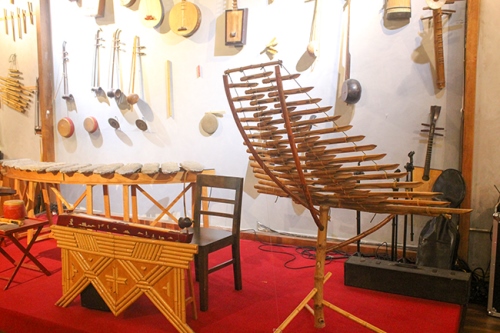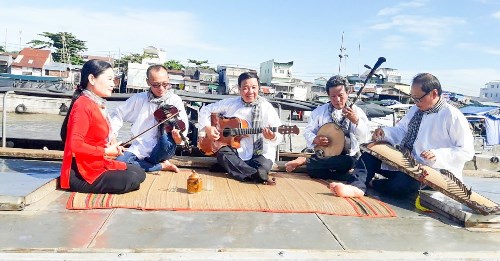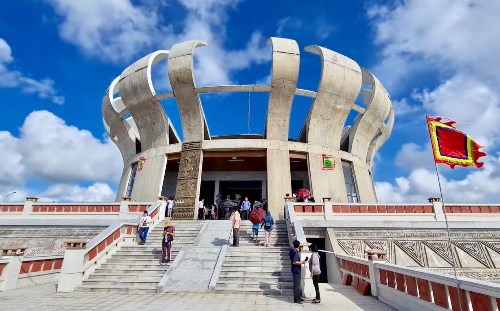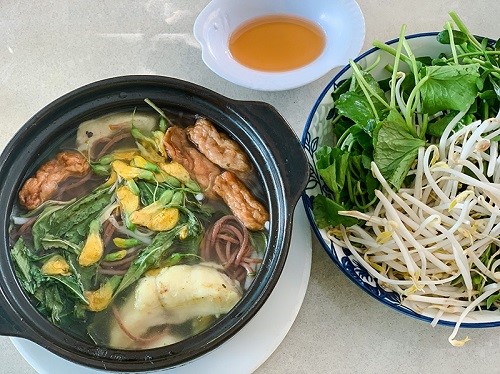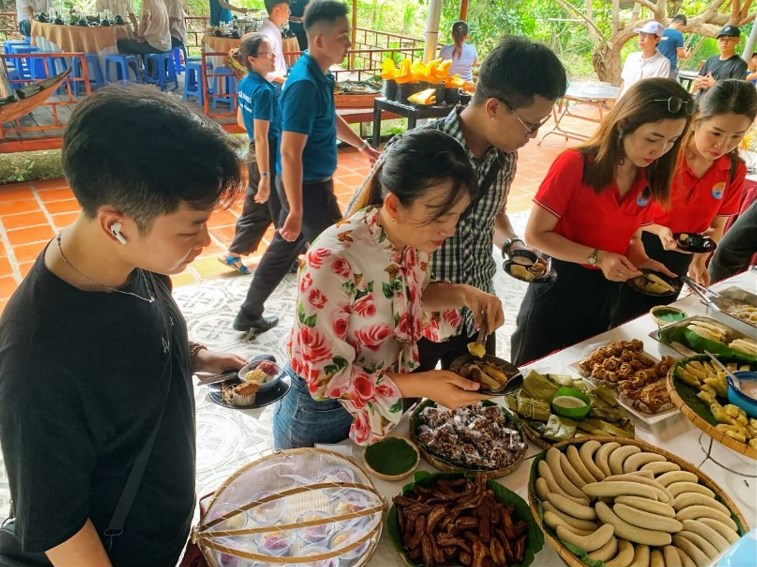
The project emphasizes that community tourism development must be sustainable and align with the overall strategy for tourism development planning and product creation. It should also consider security, national defense, and social order. Community tourism should effectively utilize each locality's unique potential, strengths, and resources. This approach ensures a fair distribution of benefits among all participating parties, ultimately enhancing the community's material and spiritual well-being.
The project aims to achieve specific goals by 2025 at recognized community tourism sites in Vietnam. These goals include the preservation and promotion of traditional cultural values and identities of ethnic groups. Specifically, 20% of community tourism sites will feature community houses, and another 20% will regularly operate high-quality traditional cultural and artistic teams.
Furthermore, at least 30% of tourism facility owners providing community tourism services will receive training in tourism management. Additionally, 20% of community tourism workers will undergo training to enhance their professional and tourist service skills, with at least 10% being female. Each community tourism site will ensure that at least one person can communicate in a foreign language.
By 2030, community tourism products will be systematically developed in significant tourist centers that attract many visitors.
Source: Cantho News - Translated by Hoang Dat





